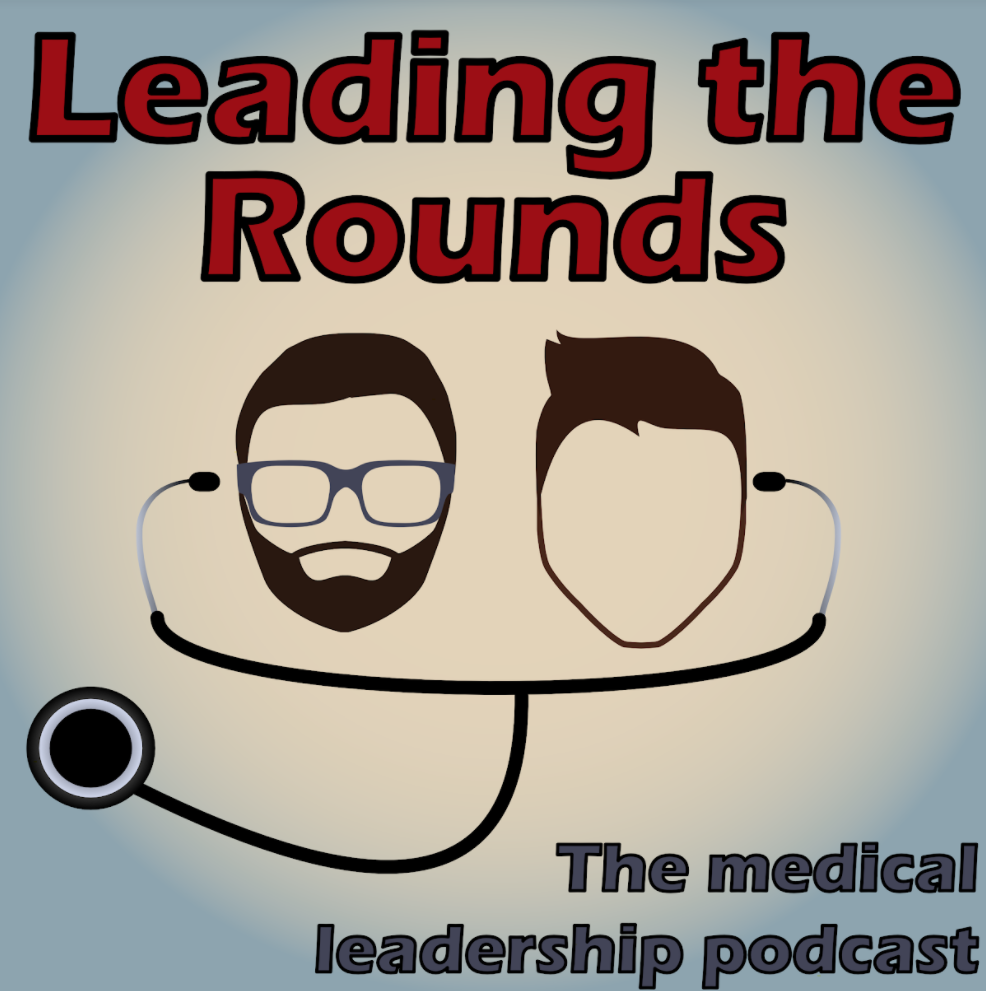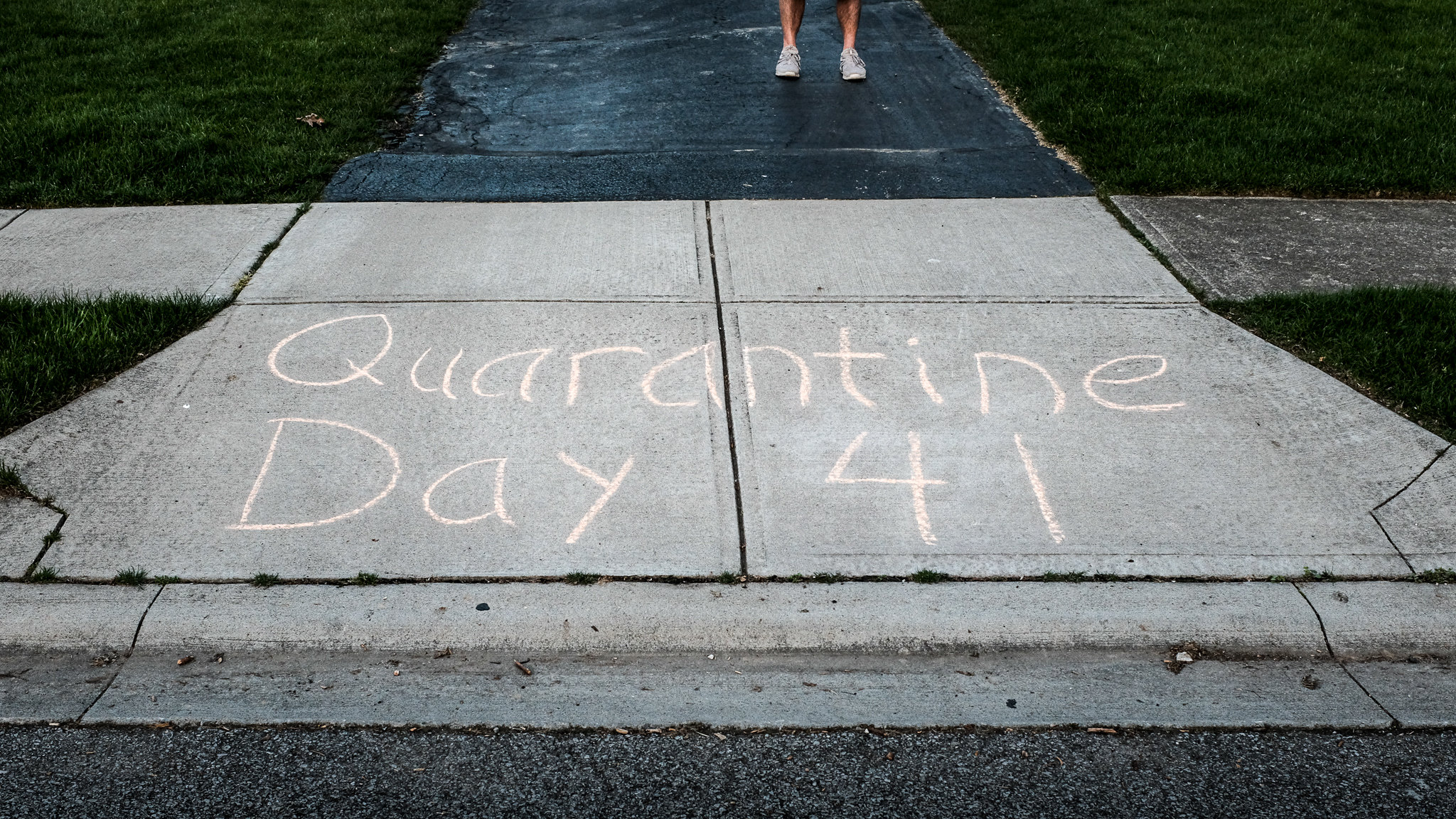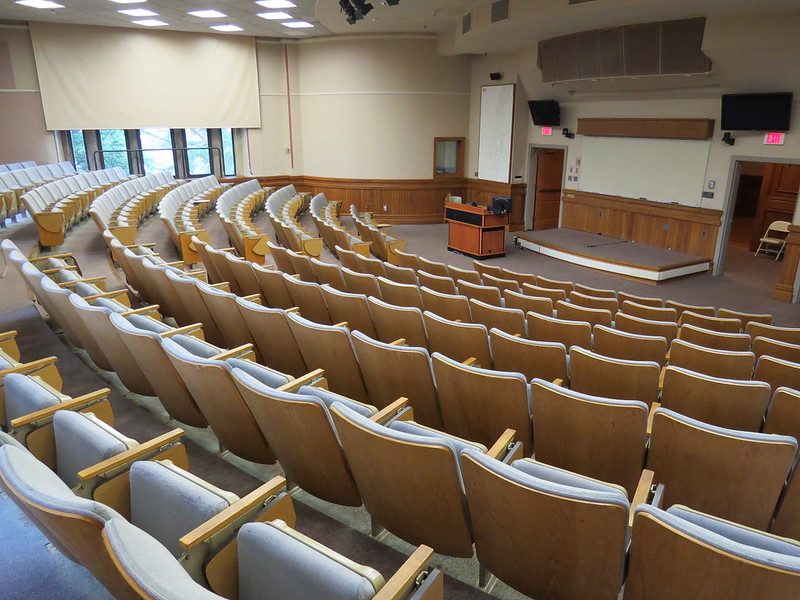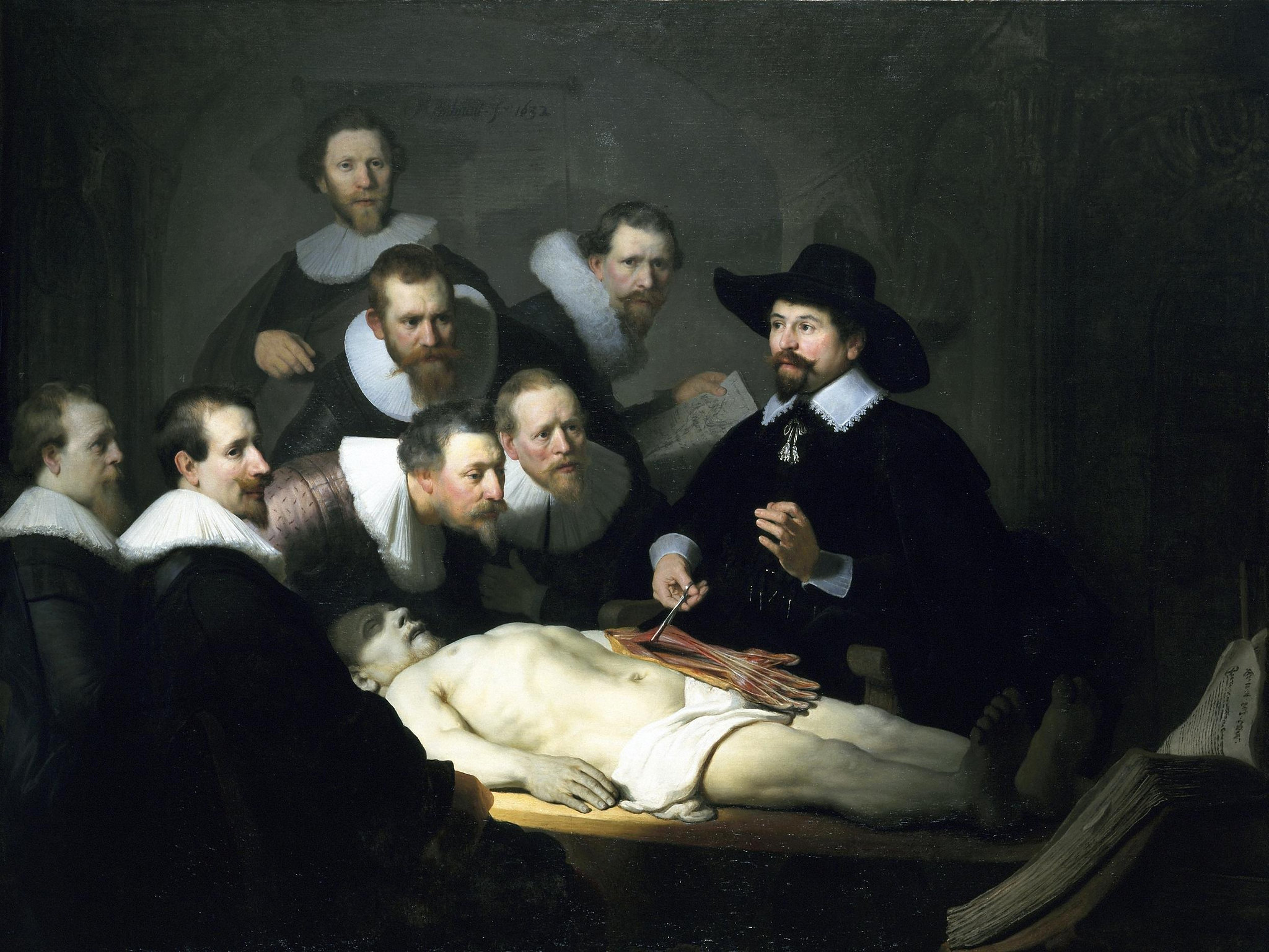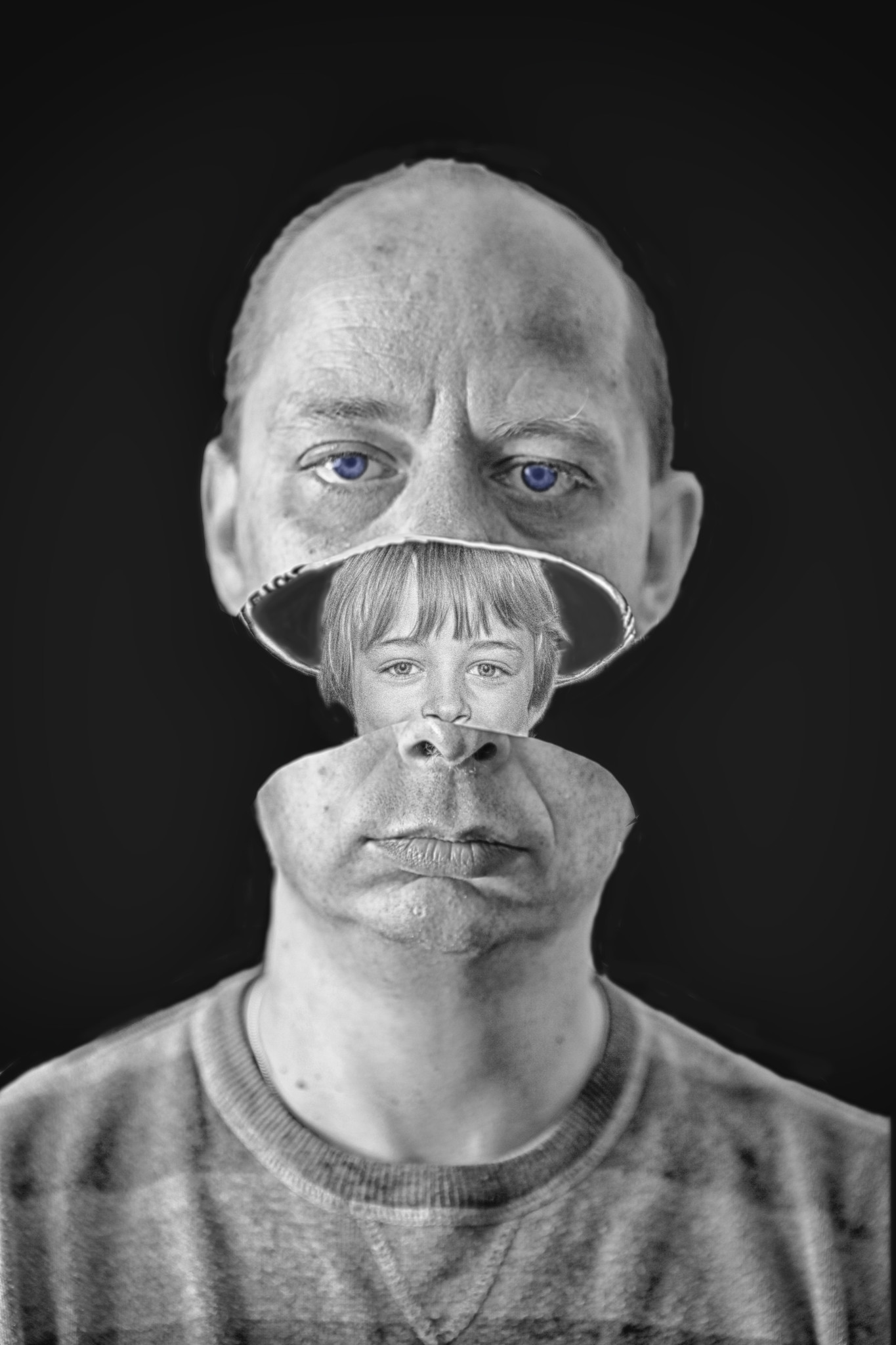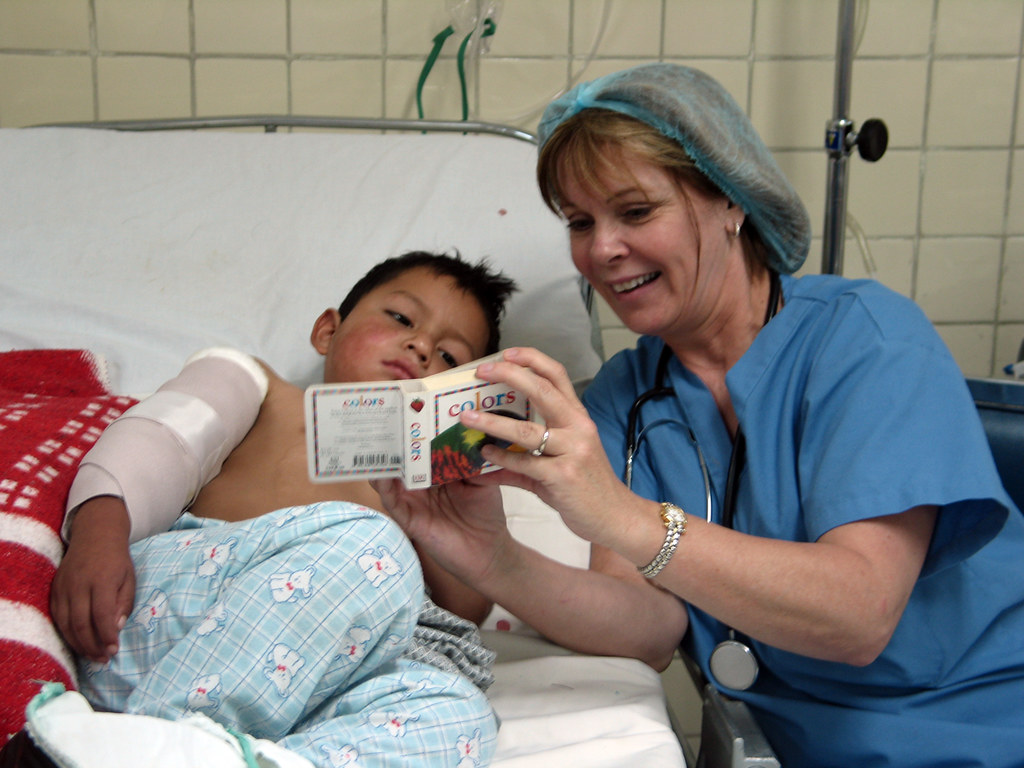Academic Medical Centers and Their Neighbors: What Medical Students Should Know
As many urban academic medical centers have become the world’s leaders in research and patient care, their bordering neighborhoods have suffered through decades of disinvestment and economic blight. Medical students often receive their first years of training in hospitals that serve these disadvantaged populations. While the current focus on social determinants of health represents a rising cornerstone of medical education, what else do medical students need to know about inner city poverty?



